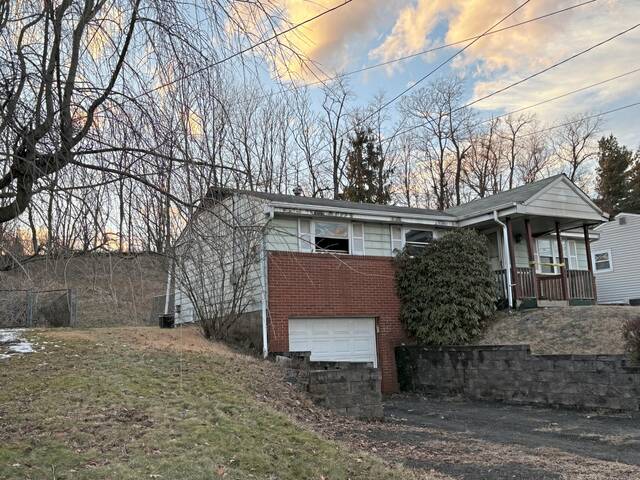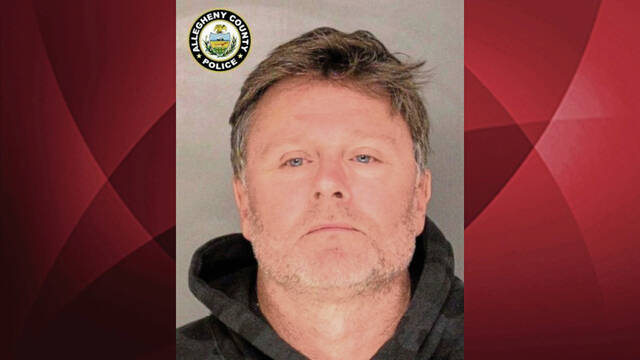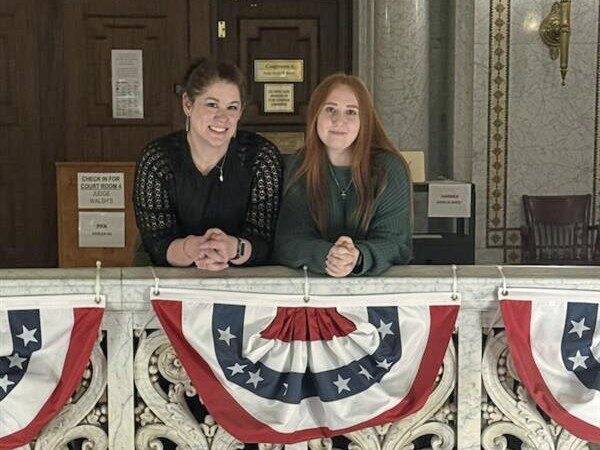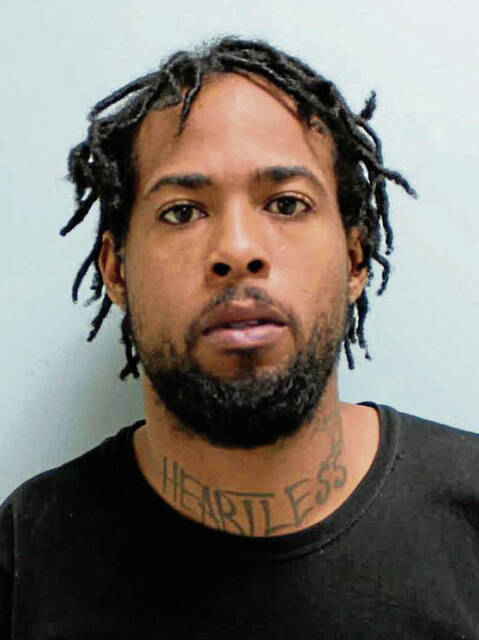A property tax increase is either long overdue or too much at the wrong time, according to members of the New Kensington-Arnold School Board.
The school board voted, 6-2, Tuesday to approve the district’s $48.9 million budget for the 2022-23 school year.
It carries a 5% property tax increase, the most allowed by the district’s adjusted inflation limit set by the state.
The district’s tax millage is increasing by 4.57 mills, from 91.57 mills to 96.14 mills.
Board members Scott Bussard and Eric Doutt voted against the budget and the tax rate. Board member Nicholas DiCarolis was absent.
Bussard said the tax hike is the biggest he has seen during his five years on the school board. He said he could have supported up to a 2.5% increase.
“In these economic times, it wasn’t the right time,” he said. “I just thought it was bad timing.”
Doutt, who participated in the meeting remotely, could not be reached for comment on his vote.
John Cope was the only member of the school board voting in favor of the budget and tax increase to comment on it during the public meeting. He said an increase is necessary now because previous school boards did not increasing property taxes over several years.
“This tax raise is a matter of survival for this school system, this school district,” Cope said. “There’s no way around it.”
The school district will start its new fiscal year July 1 with about $2.9 million in reserves, business manager Jeff McVey said.
The district expects to collect about $49.4 million in revenue in the 2022-23 school year, about $454,000 more than it forecasts spending. The surplus would increase the district’s reserves to about $3.3 million at the end of next school year, McVey said.
The district will receive about $1.6 million from gambling tax funds. Each of the district’s 3,763 approved homesteads will get a maximum of $429 off their school tax bill.
Bond issue approved
The board voted, 8-0, in favor of a multimillion-dollar bond issue for work on the district’s schools.
The district intends to borrow $5 million, which will be added to $8 million in federal covid relief funds to pay for air-quality improvements, energy savings projects and brick pointing at the district’s four schools.
As approved by the board, the debt ordinance sets a ceiling of $8 million, which is needed to give the district room to work in a volatile market, said district underwriter Joe Muscatello, managing director of public finance for Stifel Public Finance.
Borrowing $5 million will increase the district’s debt to $34.8 million, Muscatello said. It will be “wrapped around” the existing $29.3 million debt, extending its payoff date from 2033-34 to 2036.
Through this method, the district’s annual debt payments will increase, but the district will pay mostly interest until the bulk of the principal is paid in 2034-36.








